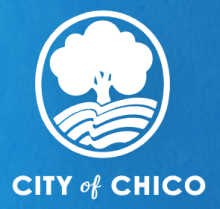Perspectives From An Established Muni Network - Episode 491 of the Community Broadband Bits Podcast

This week on the podcast, Christopher is joined by PJ Armstrong, Interim General Manager at Monmouth Independence Networks (MINET) operating in Oregon’s Willamette Valley. During the conversation, the two discuss how MINET came into existence over fifteen years ago, unique perspectives from an older municipal network, progress on MINET’s recent investor-backed expansion into Dallas, Oregon, and how the pandemic has affected the operations and marketing of municipal networks. Christopher and PJ also geek out about MINET’s custom-built operational support system (OSS) and the technology that powers their networks.
This show is 24 minutes long and can be played on this page or via Apple Podcasts or the tool of your choice using this feed.
Transcript below.
We want your feedback and suggestions for the show-please e-mail us or leave a comment below.
Listen to other episodes here or view all episodes in our index. See other podcasts from the Institute for Local Self-Reliance here.
Thanks to Arne Huseby for the music. The song is Warm Duck Shuffle and is licensed under a Creative Commons Attribution (3.0) license.


